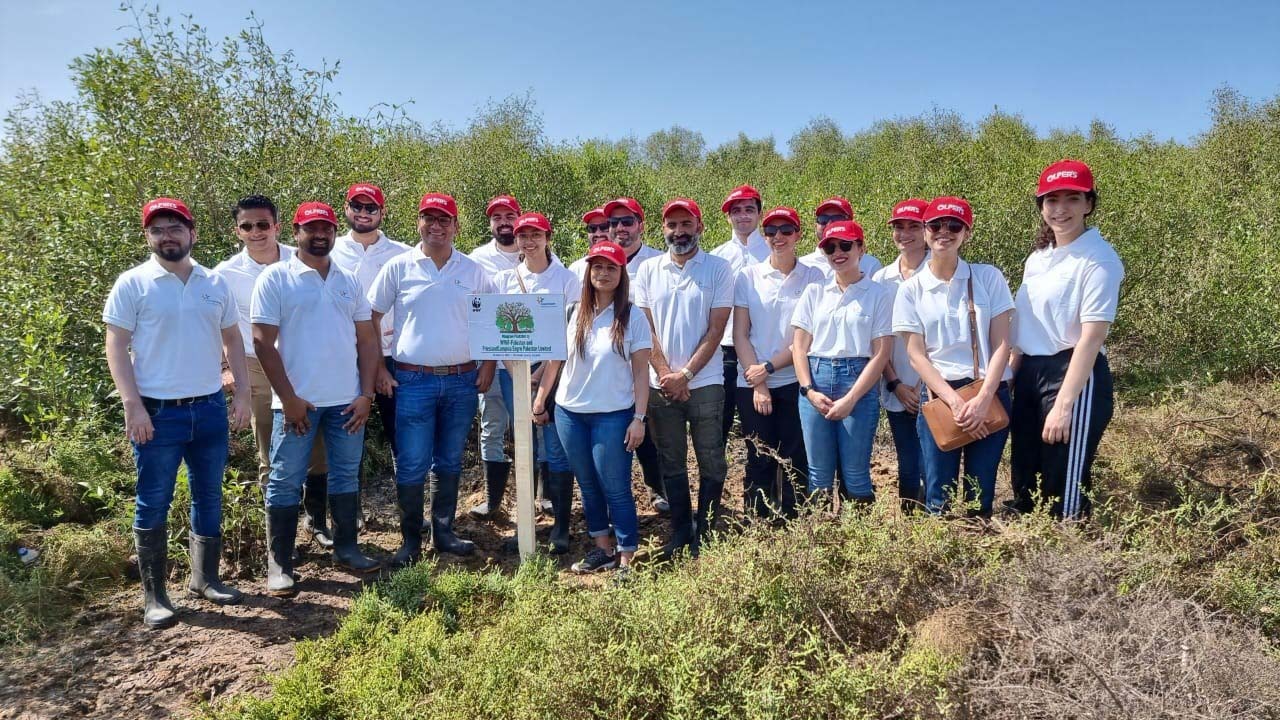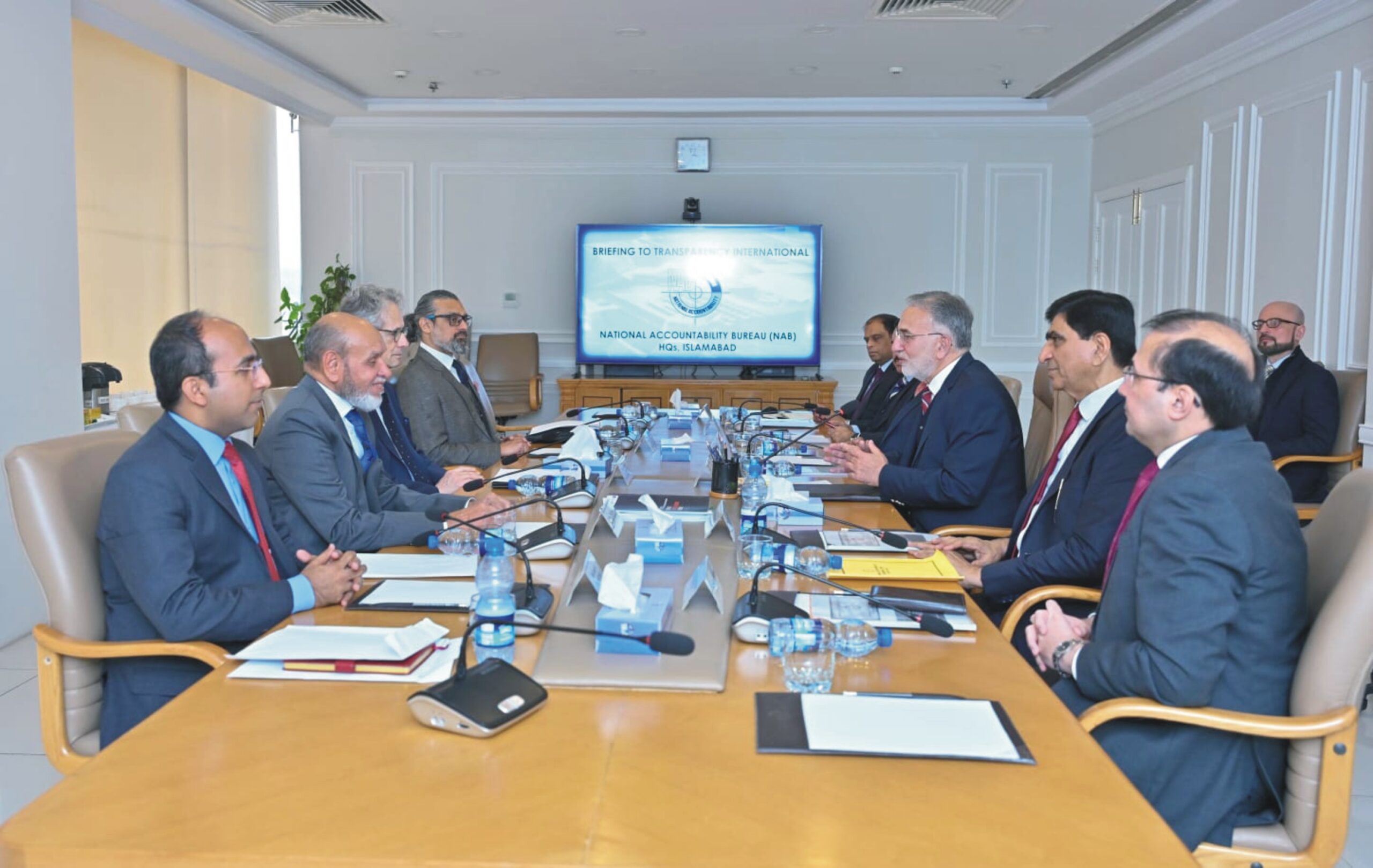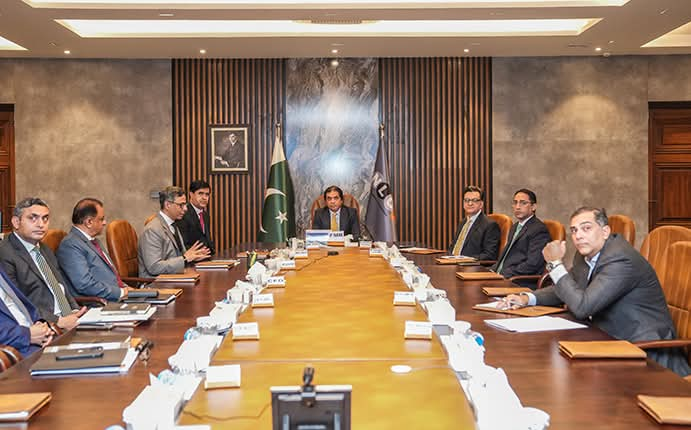
Our Correspondent
KARACHI: FrieslandCampina is partnering with the World Wide Fund for Nature (WWF-Pakistan) on a tree plantation initiative to increase local resilience to the impact of climate change and increase tree cover.
The collaboration will focus on the plantation of indigenous trees to help combat pollution, deforestation, and urban flooding. Under the partnership, FCEPL team planted mangrove saplings at the WWF Wetland Center in Karachi. Additionally, WWF held a training for FCEPL’s employees to educate them on plantation techniques and post-care.
Highlighting the partnership, Sania Sattar Head of Sustainability, FrieslandCampina Pakistan, stated: “Regeneration is a core pillar of FCEPL’s local sustainability strategy. There is a pressing need to address the ongoing effects of climate change, and only through a cohesive, concentrated and collaborative effort can we hope to mitigate them.”
Speaking on the occasion, Faisal Razi, Director Marketing at FCEPL said, “We remain committed to nourishing Pakistan sustainably while working in balance with nature. All of us have collective responsibility towards our planet and we must leave a better one for the generations to come.”
Emphasizing the need for climate action, Hammad Naqi, Director General of WWF-Pakistan said: From heat waves to forest fires and the worst floods in recent memory, Pakistan is facing a climate catastrophe. It is therefore imperative that we come together; governments, businesses, and non-profit and development organizations; to work towards climate adaptation. Mangrove plantation is a part of this solution. As the first line of defense against cyclones, strong surges, tsunamis and other natural calamities impacting the coast and deltaic region, mangroves support a healthy and productive ecosystem that benefits not only our communities, but biodiversity as well.







